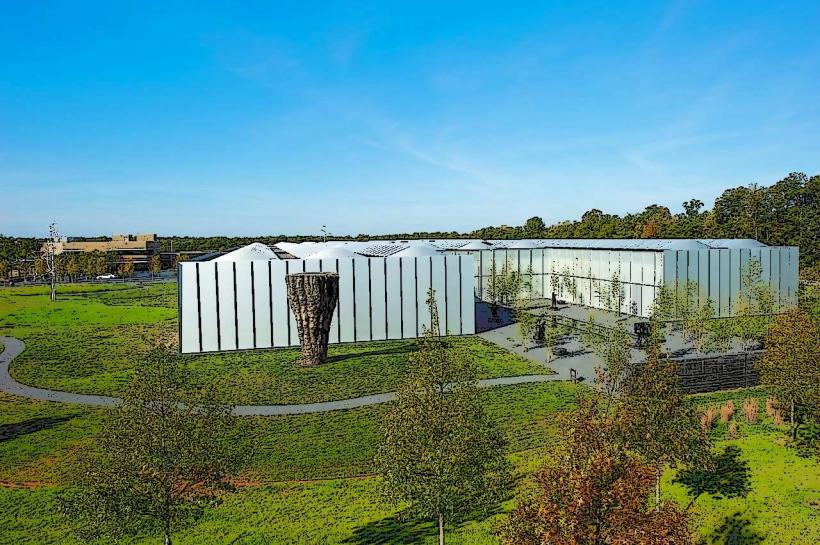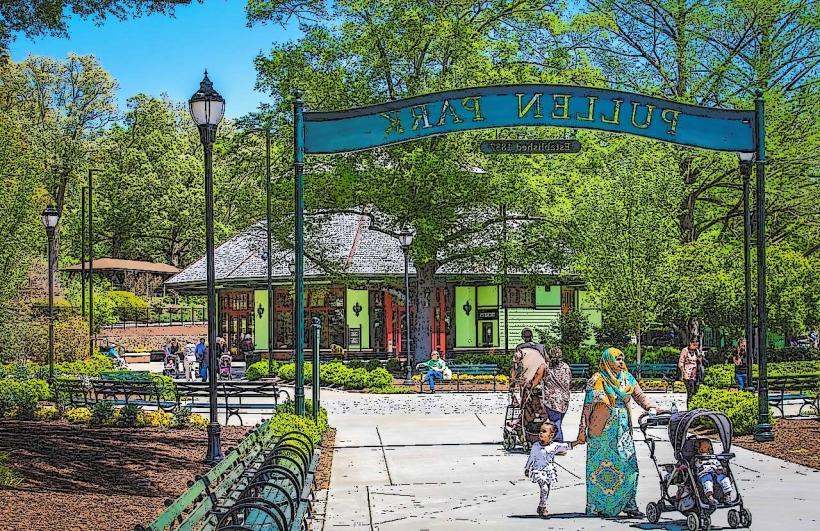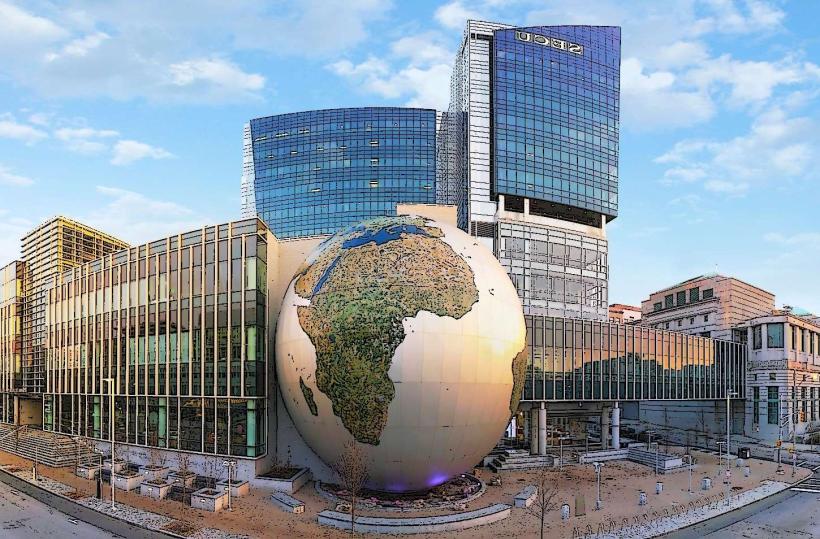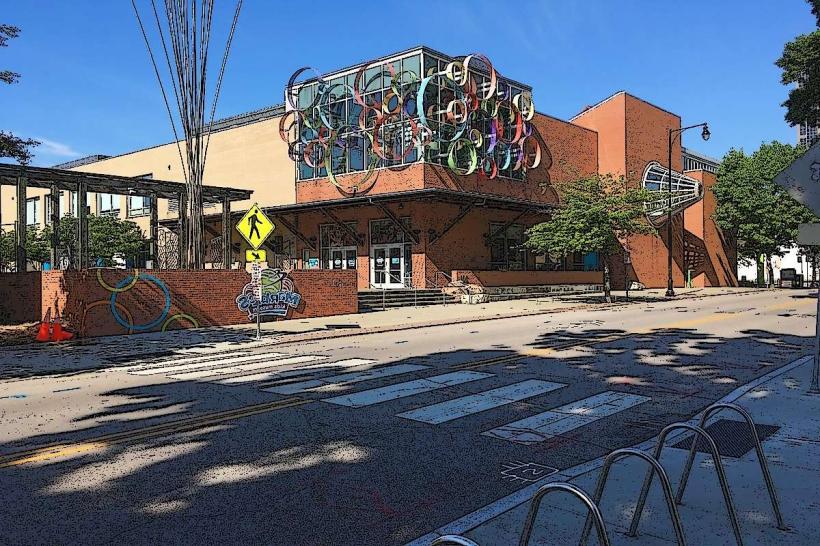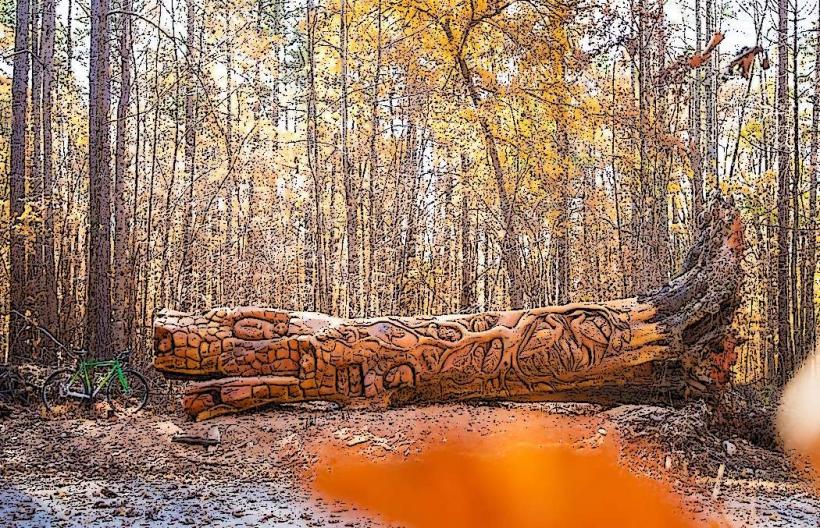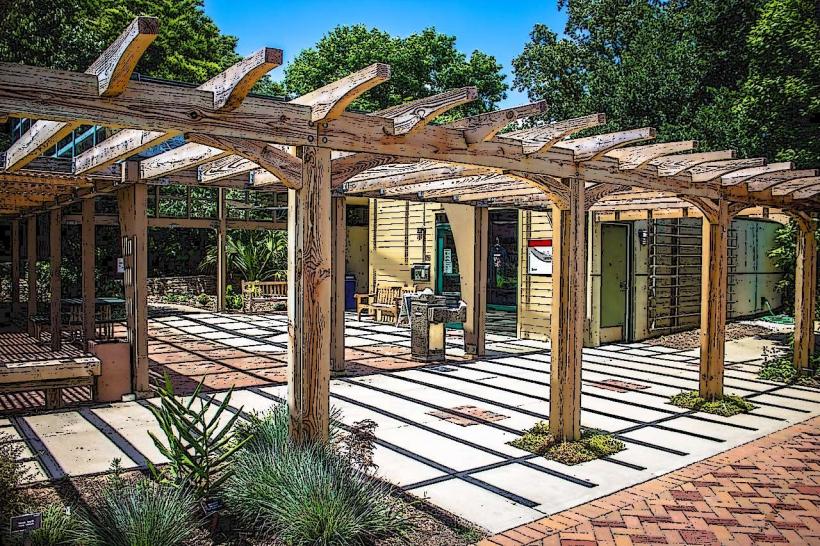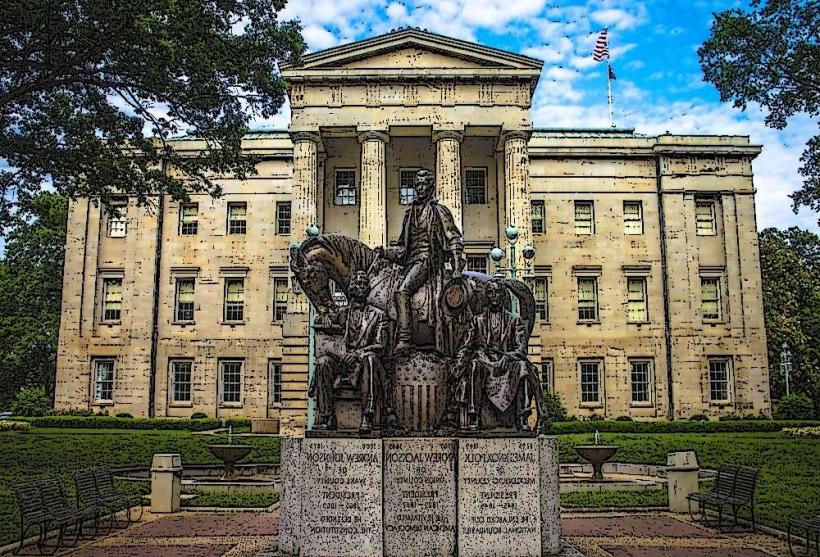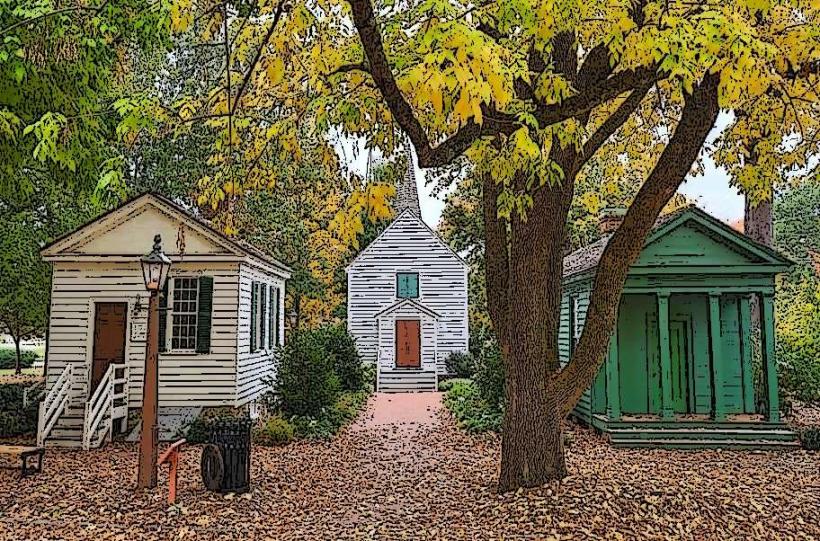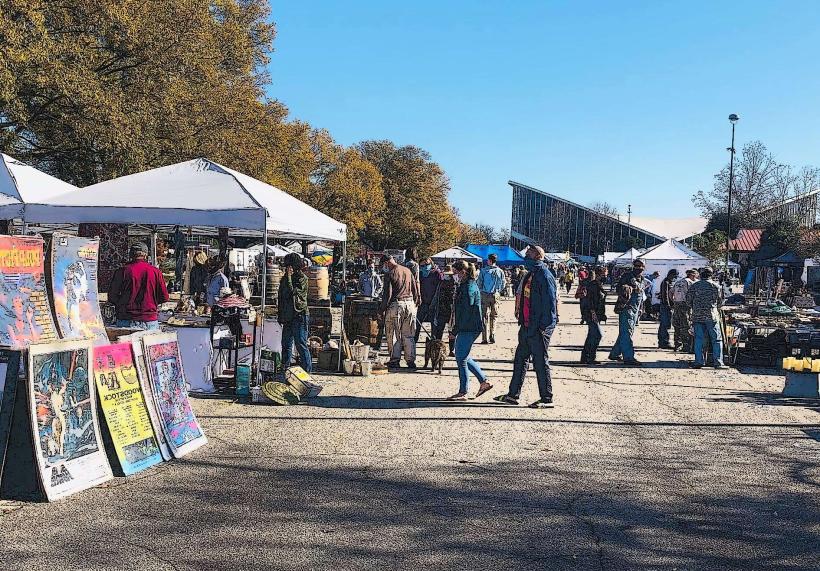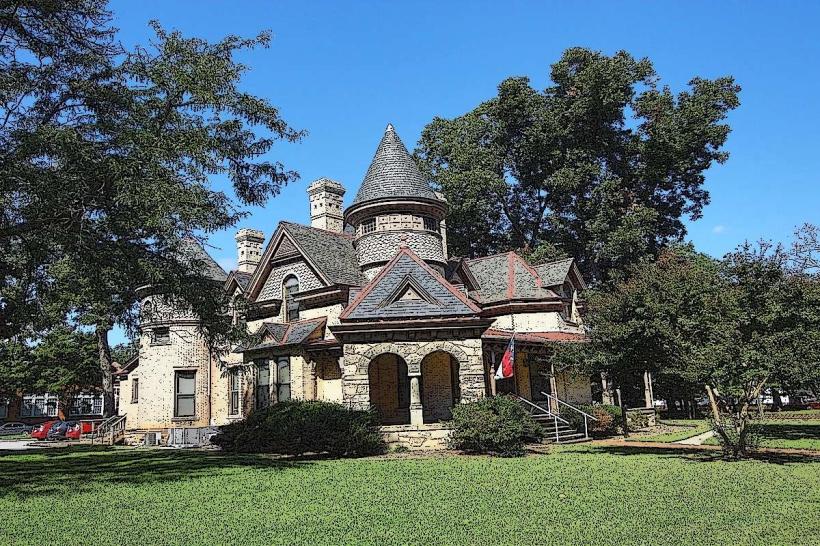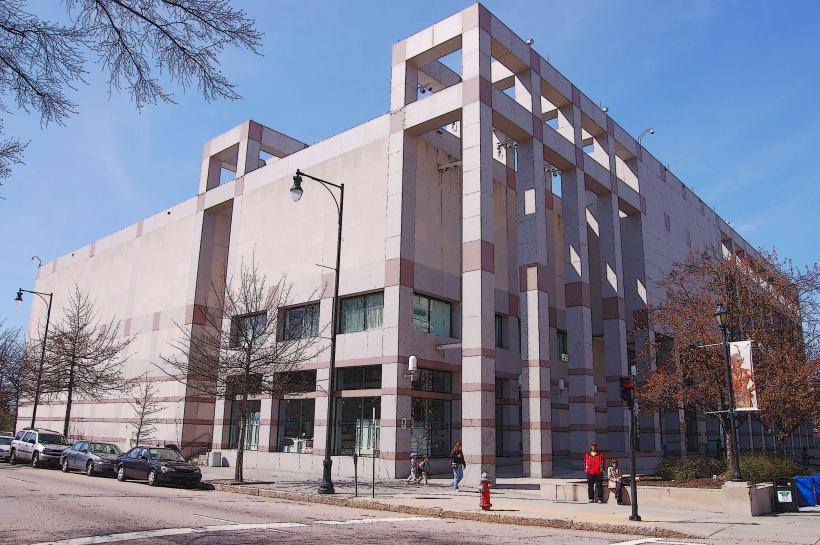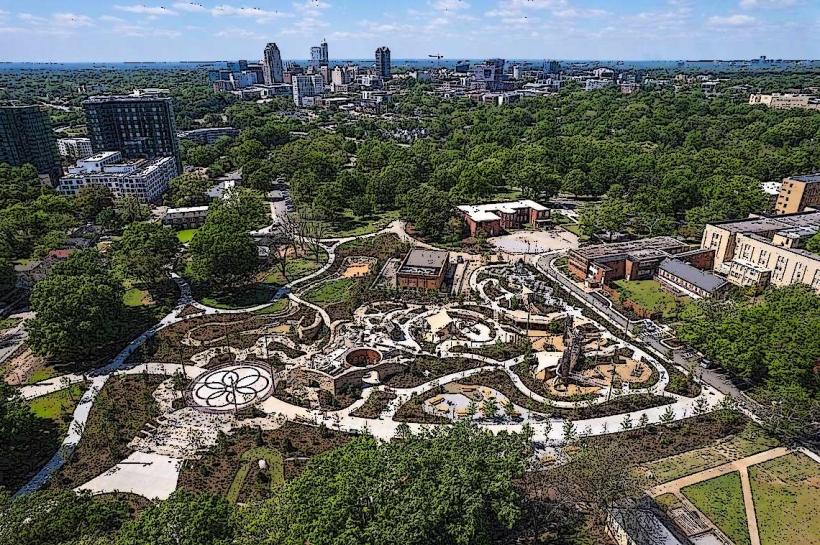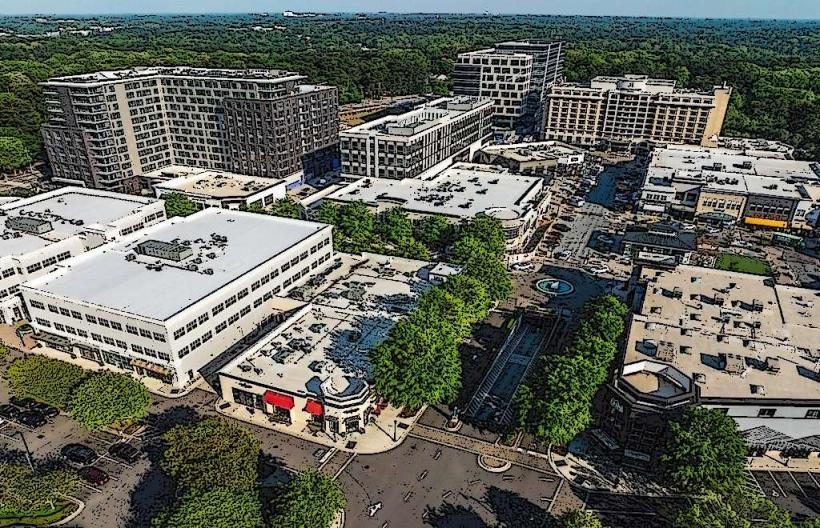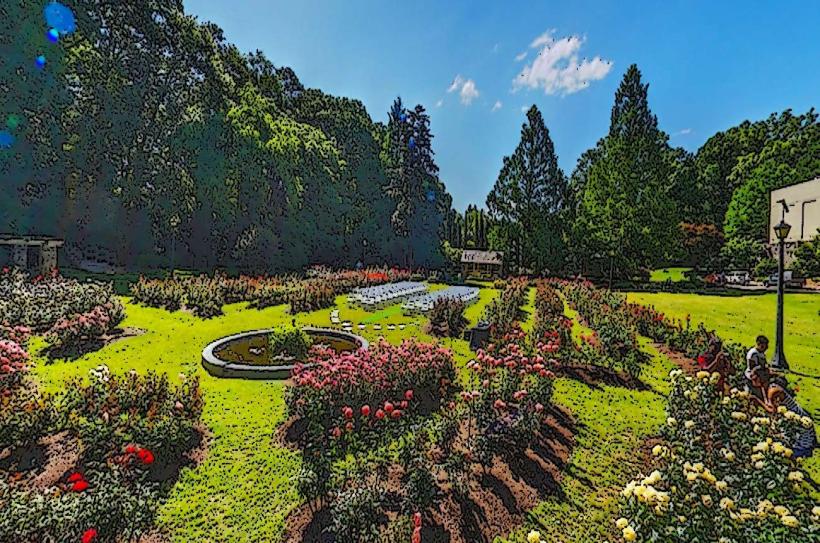Information
Landmark: Raleigh City MarketCity: Raleigh
Country: USA North Carolina
Continent: North America
Raleigh City Market, Raleigh, USA North Carolina, North America
Raleigh City Market is a public market located in downtown Raleigh, North Carolina. It serves as a central hub for local vendors and community events.
Visual Characteristics
The market complex consists of several brick buildings with large, open-air stall areas. The primary structures feature red brick facades, arched windows, and metal roofing. The main market hall has a high ceiling with exposed wooden beams.
Location & Access Logistics
Raleigh City Market is situated at 214 Martin Luther King Jr. Blvd, Raleigh, NC 27601, approximately 0.5km South of the central business district. Access is via Martin Luther King Jr. Blvd and Fayetteville Street. Public parking is available in the adjacent municipal garage, accessible from Cabarrus Street. Several GoRaleigh bus routes stop within a 2-block radius, including routes 2, 4, 7, and 11.
Historical & Ecological Origin
The original market building was constructed in 1914, designed by architect Arthur C. Nash, to consolidate various open-air vendors. It was rebuilt and expanded over subsequent decades, with significant renovations occurring in the late 20th century. Its purpose has consistently been to facilitate local commerce and community gathering.
Key Highlights & Activities
Visitors can purchase fresh produce, artisanal foods, and handcrafted goods from over 30 vendors. Cooking demonstrations are held on Saturdays. The market hosts seasonal events, including holiday markets and craft fairs.
Infrastructure & Amenities
Restrooms are available within the main market hall. Limited shaded areas are provided by awnings over vendor stalls. Cell phone signal (4G/5G) is generally strong throughout the market. Several restaurants and cafes are located within a 1-block radius.
Best Time to Visit
For optimal vendor selection and a less crowded experience, visit between 9:00 AM and 11:00 AM on Saturdays. The market is open year-round, with the most pleasant weather typically occurring from April to June and September to October.
Facts & Legends
A local anecdote suggests that the market's original bell, cast in 1882, was used to signal the start and end of trading days and could be heard throughout the early city. The current market structure incorporates salvaged materials from older city buildings.
Nearby Landmarks
- North Carolina Museum of Natural Sciences (0.3km North)
- Moore Square (0.4km Northeast)
- Raleigh Union Station (0.6km West)
- Duke Energy Center for the Performing Arts (0.7km Southwest)
- Red Hat Amphitheater (0.5km West)

